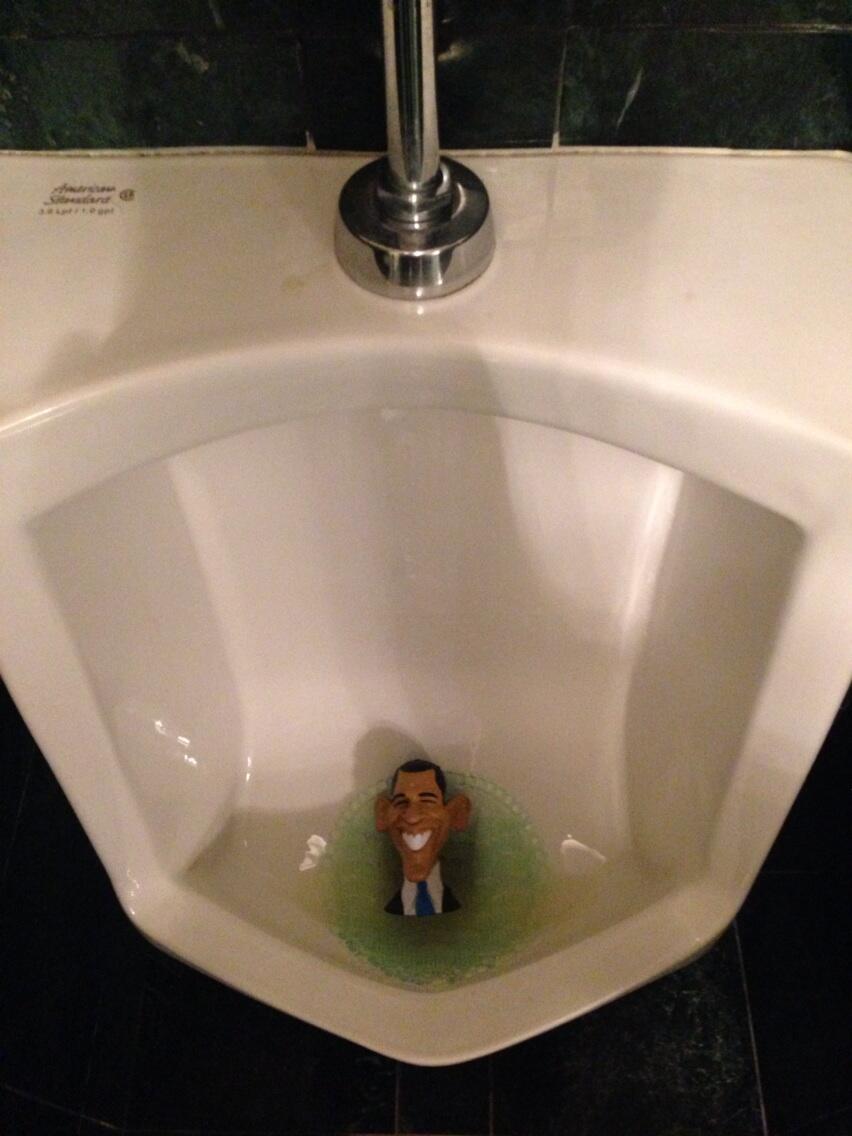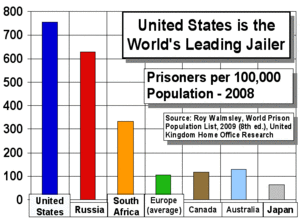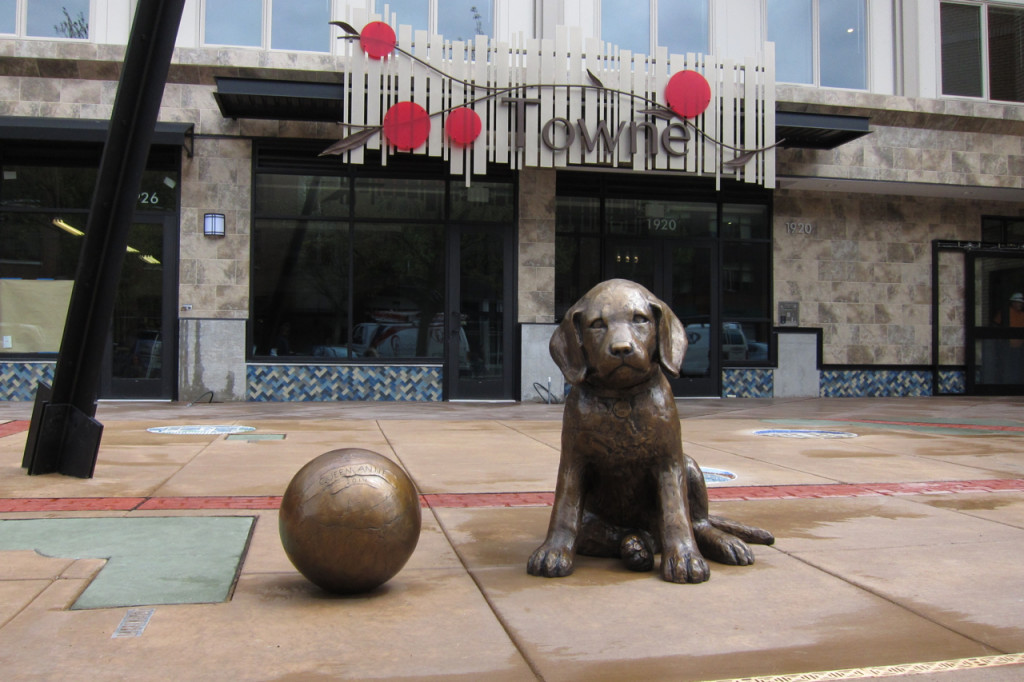The ACLU reports (November 2011) on the prison for profit industry.
The imprisonment of human beings at record levels is both a moral failure and an economic one — especially at a time when more and more Americans are struggling to make ends meet and when state governments confront enormous fiscal crises. This report finds, however, that mass incarceration provides a gigantic windfall for one special interest group — the private prison industry — even as current incarceration levels harm the country as a whole. While the nation’s unprecedented rate of imprisonment deprives individuals of freedom, wrests loved ones from their families, and drains the resources of governments, communities, and taxpayers, the private prison industry reaps lucrative rewards. As the public good suffers from mass incarceration, private prison companies obtain more and more government dollars, and private prison executives at the leading companies rake in enormous compensation packages, in some cases totaling millions of dollars.
Wouldn’t you think we – as a nation – could manage to figure all that out and do better? I would. Other countries do, why can’t we? Is it solely because our politics is so dependent on money for campaigns run on advertising and thus so corrupt?
The United States imprisons more people — both per capita and in absolute terms — than any other nation in the world, including Russia, China, and Iran. Over the past four decades, imprisonment in the United States has increased explosively, spurred by criminal laws that impose steep sentences and curtail the opportunity to earn probation and parole. The current incarceration rate deprives record numbers of individuals of their liberty, disproportionately affects people of color, and has at best a minimal effect on public safety. Meanwhile, the crippling cost of imprisoning increasing numbers of Americans saddles government budgets with rising debt and exacerbates the current fiscal crises confronting states across the nation.
Leading private prison companies essentially admit that their business model depends on high rates of incarceration. For example, in a 2010 Annual Report filed with the Securities and Exchange Commission, Corrections Corporation of America (CCA), the largest private prison company, stated: “The demand for our facilities and services could be adversely affected by . . . leniency in conviction or parole standards and sentencing practices . . . .”
Just as the demand for potato chips could be adversely affected by people learning to eat more sensibly, or the demand for alcohol could be adversely affected by people learning to drink more moderately, or the demand for cigarettes could be adversely affected by people deciding they don’t want bad lungs after all. So be it. We shouldn’t keep doing bad things simply because they’re profitable for a few people (or a lot of people).
Certain private prison companies employ shrewd tactics to obtain more and more government contracts to incarcerate prisoners. In February 2011, for example, a jury convicted former Luzerene County, Pennsylvania Judge Mark Ciavarella of racketeering, racketeering conspiracy, and money laundering conspiracy in connection with payments received from a private prison developer. Tactics employed by some private prison companies, or individuals associated with the private prison industry, to gain influence or acquire more contracts or inmates include: use of questionable financial incentives; benefitting from the “revolving door” between public and private corrections; extensive lobbying; lavish campaign contributions; and efforts to control information.
So the corruption is indeed a big part of it, which I already knew. But – stop and think, citizens and legislators!
(This is a syndicated post. Read the original at FreeThoughtBlogs.)






